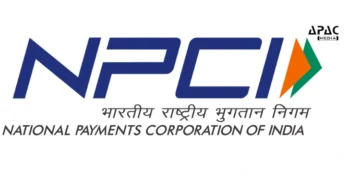New Delhi: The National Skill Development Corporation International (NSDCI) has collaborated with edtech unicorn PhysicsWallah (PW) to unveil the Bharat Innovation Global Private Limited (BIG) Initiative. The initiative aims to transform India into a global education hub.
Key features of the initiative include:
Offers flexible, technology-driven learning pathways to bridge the gap between academics and employability.
Targets diverse audiences to start early skill training right from classes 11 and 12. Additionally, training students enrolled in Industrial Training Institutes and polytechnic courses as well as working professionals.
Prioritizes capacity building for government sector employees to enhance their skills and knowledge for meeting the dynamic needs of modern governance.
The initiative is in line with the recent UGC guidelines allowing enrolling in online skilling courses and the National Education Policy’s emphasis on flexibility in the mode of education.
The agreement for the partnership was signed between Ved Mani Tiwari, Chief Executive Officer (CEO) of NSDC and Managing Director of NSDCI, and Alakh Pandey, Founder and CEO of PW.
Tiwari highlighted the BIG initiative’s transformative potential to enhance employability by equipping learners with future-ready skills, aligned with the vision of developing a skilled workforce for a rapidly evolving economy. Pandey emphasized the importance of tailoring education to individual needs. He explained that the partnership with NSDCI aims to make education more inclusive and adaptable, fostering growth throughout learners’ journeys.
APAC News Analysis:
The Bharat Innovation Global (BIG) builds on NSDC’s previous collaborative models with edtech firms such as BYJU’S and LawSikho. These initiatives have similarly aimed to integrate technology into skill development, offering tailored courses for diverse learners and prioritizing employability. For example, the partnership with LawSikho aimed to benefit 10,000 learners in tier-2 and tier-3 cities, and small towns and villages by introducing them to cutting-edge digital skills that can lead to remote jobs, freelance opportunities, internships, and other career outcomes. BIG builds on these frameworks, emphasizing inclusivity and adaptability to address evolving education and workforce challenges.
Going forward, it will be interesting to witness how the BIG initiative addresses the diverse educational needs of different groups it aims to benefit. Moreover, both parties will also need to focus on making the initiative accessible for the students belonging to underprivileged sections of society to ensure equitability.


































































Discussion about this post